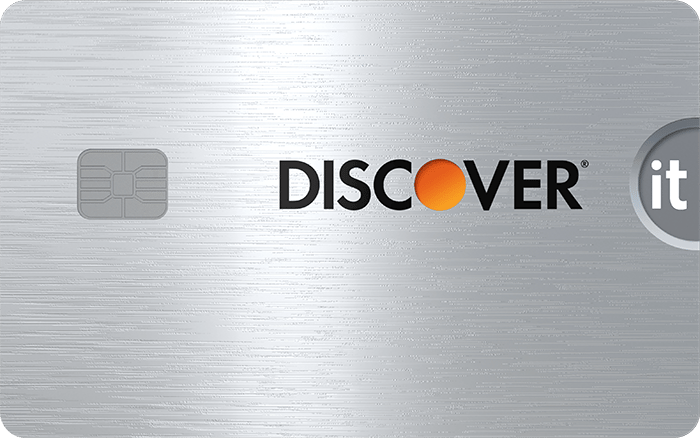Getting Approved for a Credit Card Without a job: Is It Possible?
Although getting a credit card while unemployed might be hard, it is not impossible!
In today’s fast-paced and financially dynamic world, credit cards have become an essential tool for managing personal finances, making online purchases, and building credit history.
However, the question of whether one can apply for a credit card while being unemployed often arises.
The answer is not straightforward, as it depends on various factors, including the individual’s financial situation, credit history, and the lender’s policies.
This article explores the nuances of applying for a credit card when unemployed, providing insights into the challenges, potential options, and considerations.
Understanding Credit Card Eligibility Criteria
Credit card issuers typically have certain eligibility criteria that applicants must meet to be considered for a credit card. These criteria usually include factors such as age, income, credit history, and employment status.
While employment status is indeed a consideration, it’s not always a strict requirement. Lenders primarily assess an applicant’s ability to repay the credit card debt and manage credit responsibly.
Challenges When Applying While Unemployed
Being unemployed can present challenges when applying for a credit card. One of the primary challenges is demonstrating an ability to repay the credit card debt without a regular source of income.
Lenders may be concerned about the applicant’s financial stability and ability to meet monthly payments. Additionally, without a steady income, it can be challenging to meet the minimum income requirements set by some credit card issuers.
1. Credit History:
If you have a strong credit history and a good credit score, you may have a better chance of being approved for a credit card, even if you’re unemployed. Lenders often prioritize a history of responsible credit management.
2. Co-Signer:
Having a co-signer with a stable income and good credit can improve your chances of getting approved. However, remember that a co-signer is equally responsible for the credit card debt, so make sure you’re both on the same page about repayment.
3. Financial Situation:
Before applying for a credit card, evaluate your overall financial situation. Consider your savings, expenses, and any alternative sources of income. Only apply for a credit card if you’re confident in your ability to manage the payments.
4. Start Small
If you’re approved for a credit card, start with a low credit limit. This will help you manage your spending and payments effectively. As your financial situation improves, you can request a higher limit.
Can’t get approved? Explore some alternatives
While some individuals might get approved by a credit card issuer, those who can’t approved might have an inconsistence within their credit history. To solve that, it might be good to explore some features in order to improve your creditworthiness
1. Explore Alternative Income Sources
If you’re unemployed but have alternative sources of income, you might still have a chance to qualify for a credit card. Some credit card issuers consider income beyond traditional employment, such as rental income, investments, retirement benefits, and even spousal income. It’s important to accurately report all relevant income when applying for a credit card.
2. Secured Credit Cards
Secured credit cards are a viable option for individuals with limited or no credit history, as well as those facing unemployment. These cards require a security deposit, which then becomes your credit limit.
Because the deposit acts as collateral, secured credit card issuers are often more lenient in their approval process. Responsible use of a secured credit card can also help you build or rebuild your credit history over time.
3. Authorized User
Becoming an authorized user on someone else’s credit card can be an option, especially if you have a family member or close friend who is willing to add you to their account. As an authorized user, you’ll have access to the credit card’s benefits, and the primary cardholder’s credit history can potentially positively impact your own credit score.
Remember that responsible credit management is essential, regardless of your employment status. Before applying, carefully assess your ability to handle credit card payments and make informed decisions that align with your financial goals.




